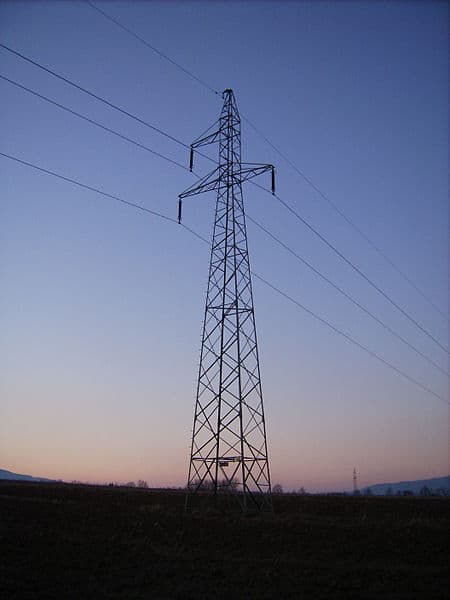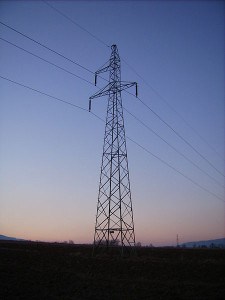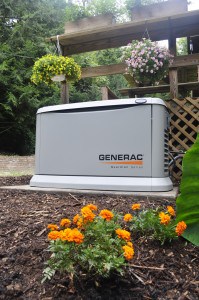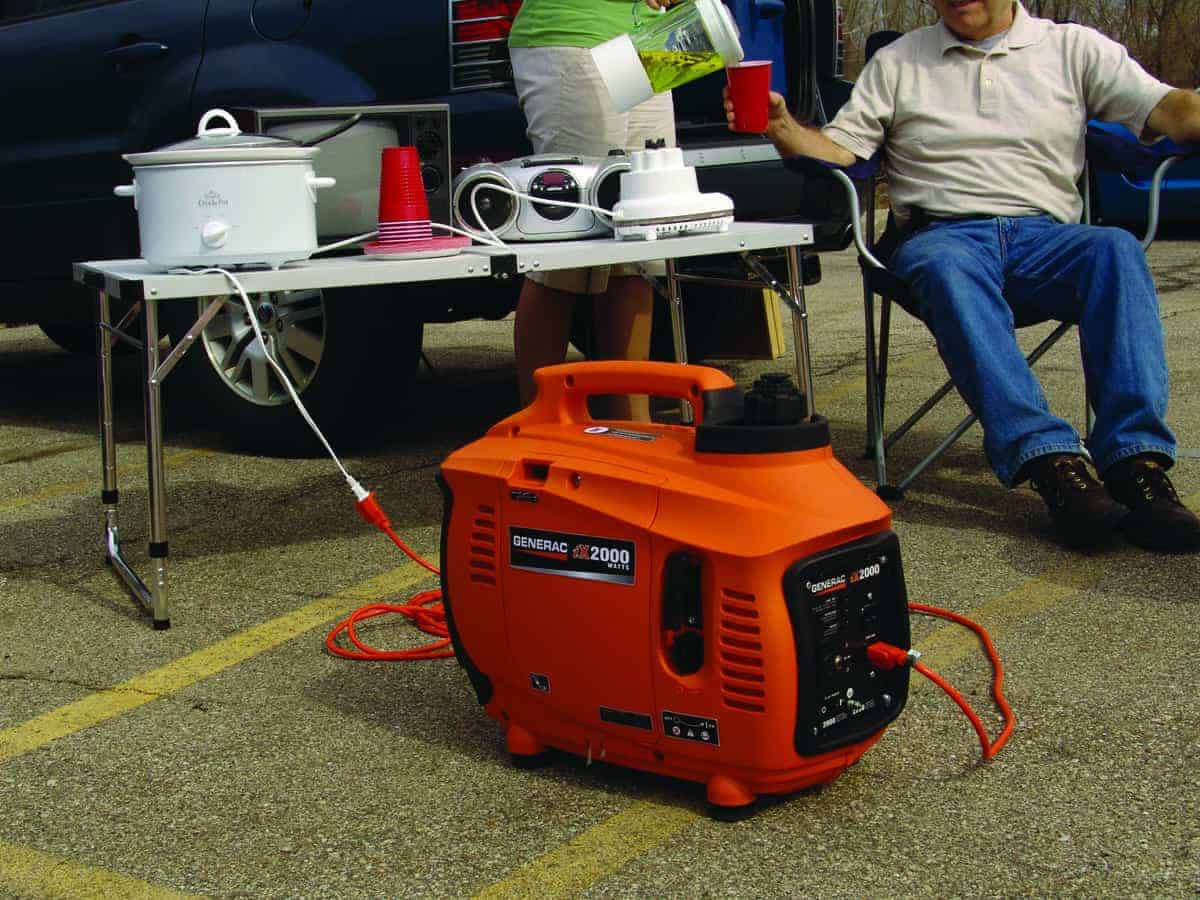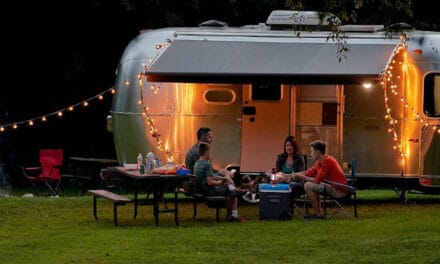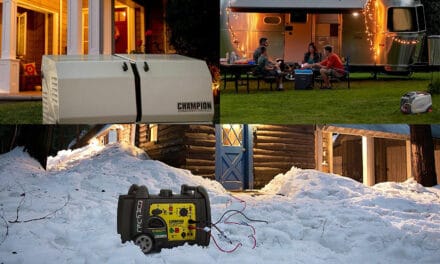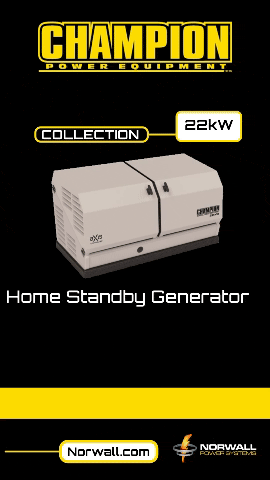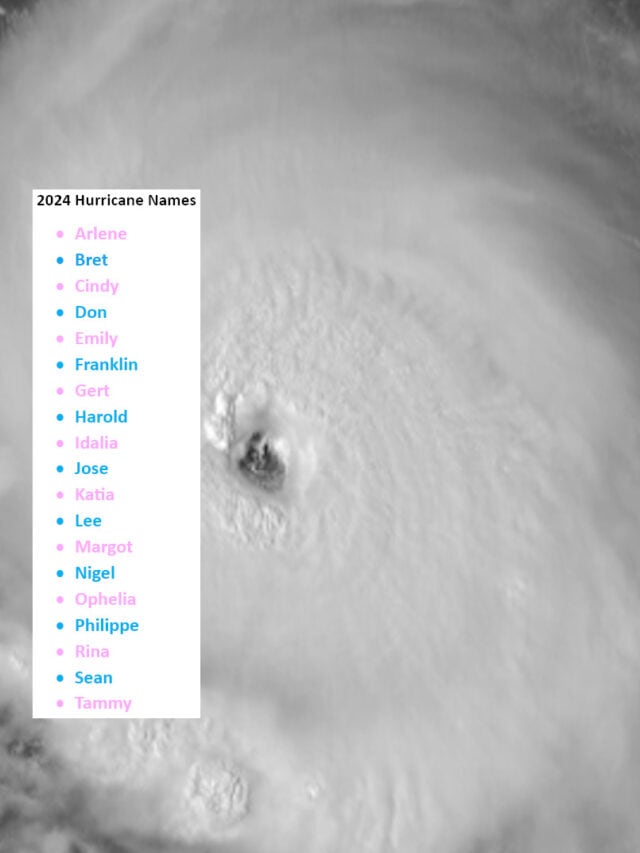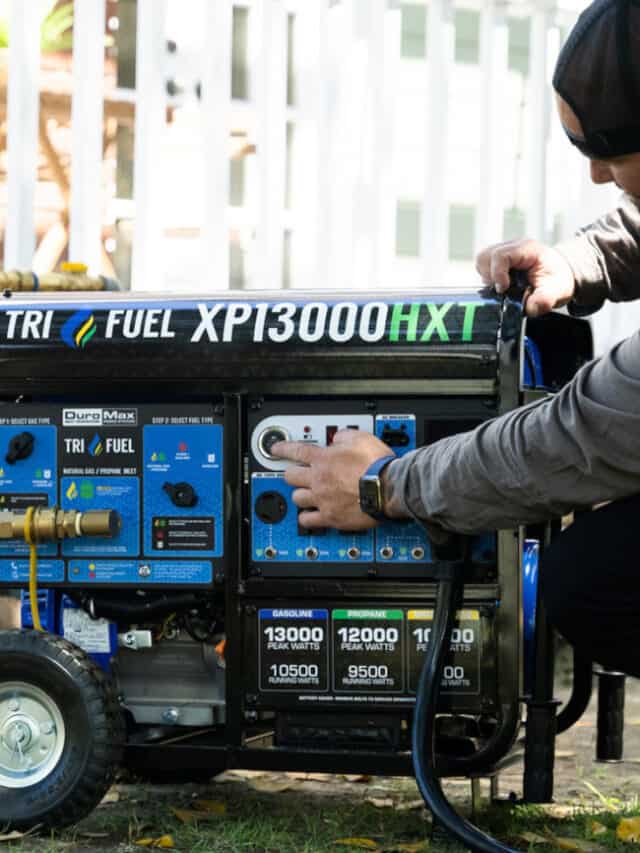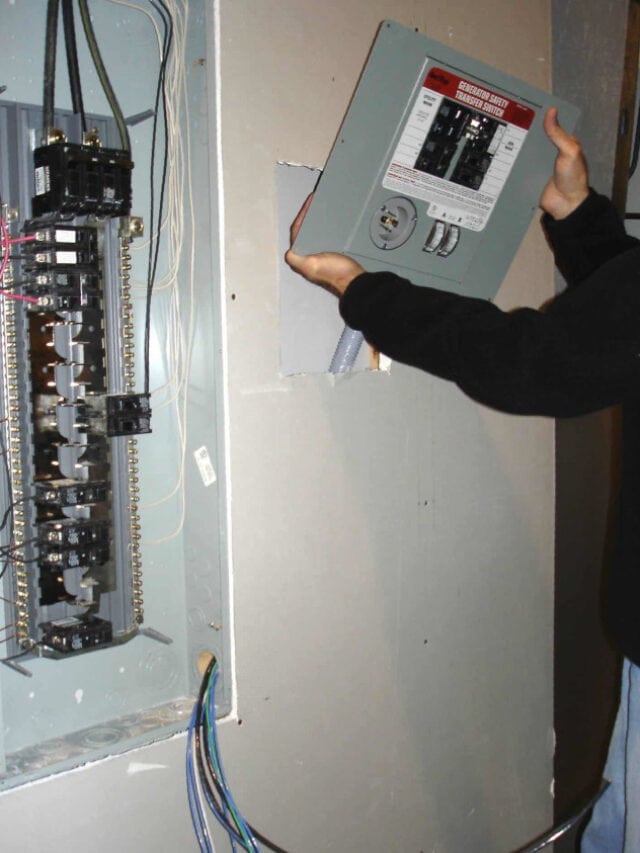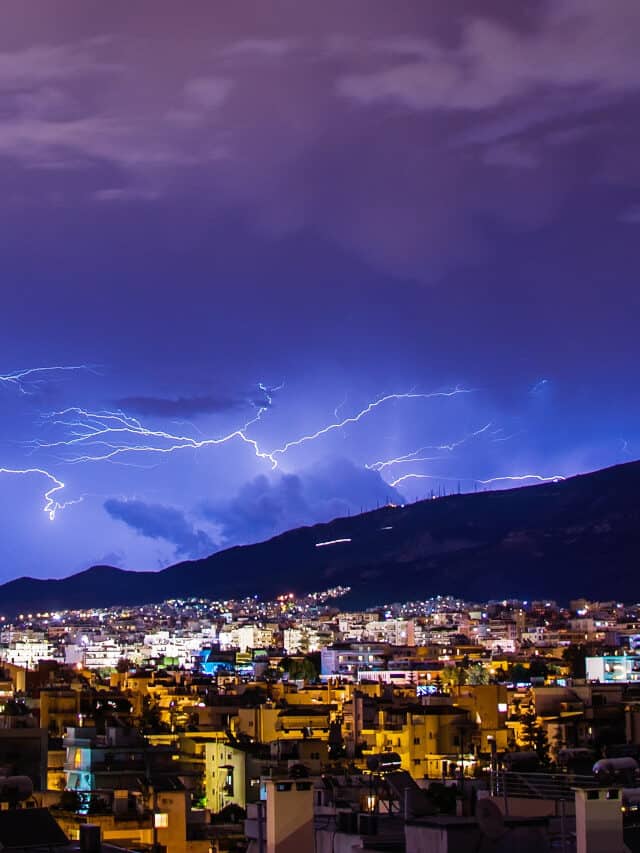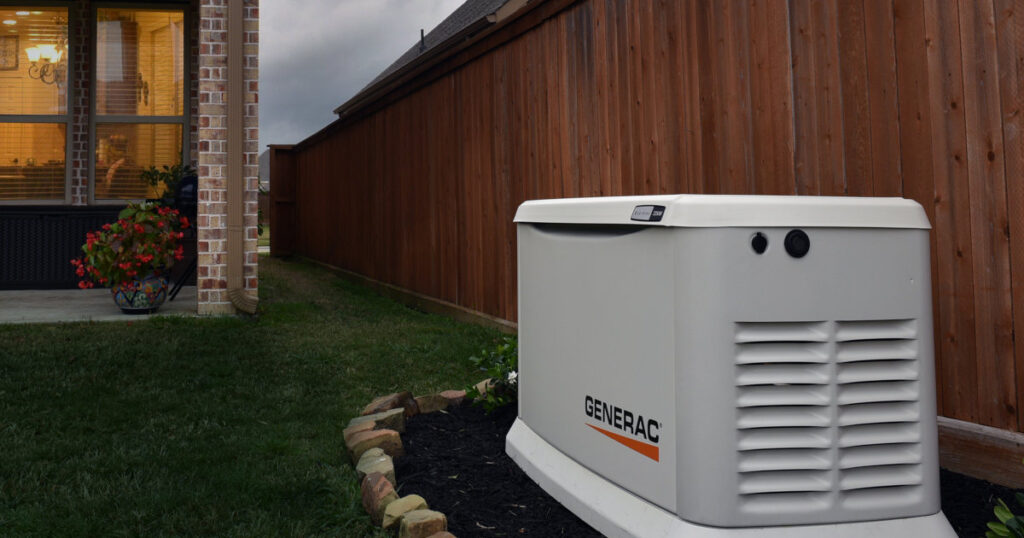Power outages happen for many reasons. Severe weather is the number one cause and weather-related outages often affect large areas. Every year, millions of Americans make-do without electrical power for extended periods after a strong or severe storm knocks out power for days and sometimes for weeks. Many are forced to leave their homes when cold or extreme heat makes their homes unlivable.
But weather is not the only reason for power outages. Equipment malfunctions, accidents, and wildlife are other common denominators in many outages. The aging infrastructure of the nation’s power grid is responsible for widespread outages every year.
What would happen if your power went out for a week? Chances are you and your family would have to seek shelter elsewhere at a hotel or with a relative.
A standby generator offers independence when the power goes out and your home remains safe and comfortable.
Power Outage
We have come to rely on electrical power to a great extent, and our homes are designed to use it. Many systems in homes won’t work without it, and long term outages can inflict damage that costs thousands of dollars to repair. Often, ordinary homeowners insurance won’t cover the repairs or only part of it.
Sump pumps are quite common in modern homes. Rain soaks into the ground near the foundation and is directed to a sump pit through a drainage pipe. The pump switch turns the pump on and empties the pit outside, away from the home. Without power, the pit can fill up and overflow to flood the basement. Damage includes excessive mold, water damage to carpet, finished walls and furniture, and damage to appliances such as water heaters, furnaces, and washers and dryers.
Most heating and cooling systems don’t work. Furnace fans require electricity to distribute or remove heat. Hot water heating systems require electric pumps to make them work, and central air conditioners are known for their high electric power consumption. In sub-freezing weather, water pipes can freeze and burst. Once the power returns, the home floods unless the water is shut off before hand.
A refrigerator can keep food cold in normal conditions for about half a day. Add ice and you can extend that period indefinitely, but where do you buy ice during a power outage? Frozen food will stay frozen about a day, but after that it begins to thaw and becomes unsafe.
Standby Generators
A standby generator works automatically and is permanently connected to the home. An automatic transfer switch controls the source of electricity that the home uses. In normal circumstances, the switch feeds the home with power from the electric utility.
When the power goes out, the standby generator system senses the outage immediately and begins a sequence of actions to switch the home to standby generator power. After a short wait to ensure the outage was not momentary, the generator automatically starts and reaches operating speed in a few seconds. The transfer switch isolates the home from the incoming utility lines and connects the generator supply to the homes electrical system.
Most standby systems operate on municipal natural gas or the home’s propane gas tank. Natural gas offers a virtually endless supply of fuel, while an average-sized propane tank will keep the generator running for days. In contrast, most portable generators require frequent refueling with gasoline that may be in short supply during a power outage.
Independence
The first thing most people do when the power goes out is call the electric utility to report the outage. Later they call back to find out when the utility will restore power. As the heat inside the home builds or the temperature plummets, homeowners look for other ways to stay comfortable. Such conditions are an inconvenience for many people, but for the elderly or those who rely on medical equipment, power outages can be life threatening.
The standby generator changes that because in less than a minute, the home has power again and the inhabitants are kept comfortable and safe because the home’s essential systems are still operating.
When the homes around the neighborhood are lit by candles and battery operated lanterns, the home with the standby generator has lights, cold food and drink, and a homeowner that isn’t worried about a flooded basement or spoiled food.
A standby generator isn’t something that gets everyday use like a furnace or air conditioner, but when the power goes out, it keeps people in their homes instead of looking for shelter.

